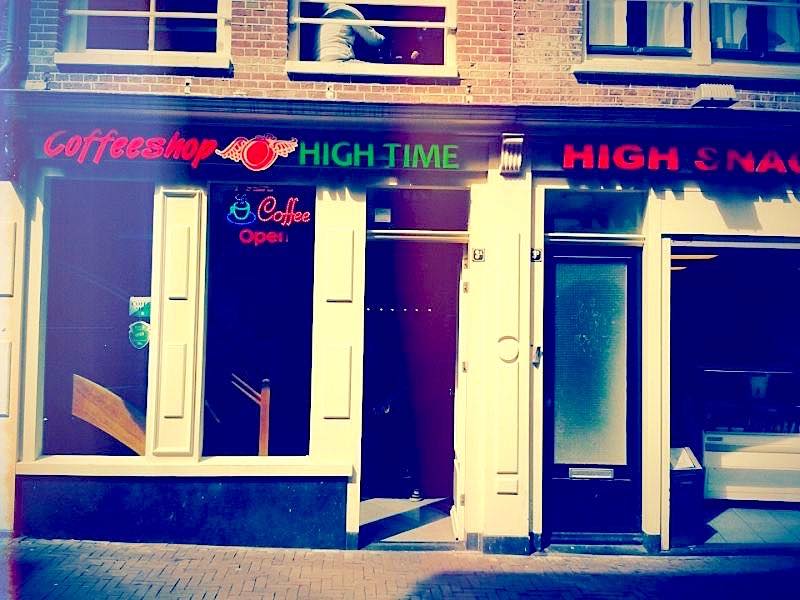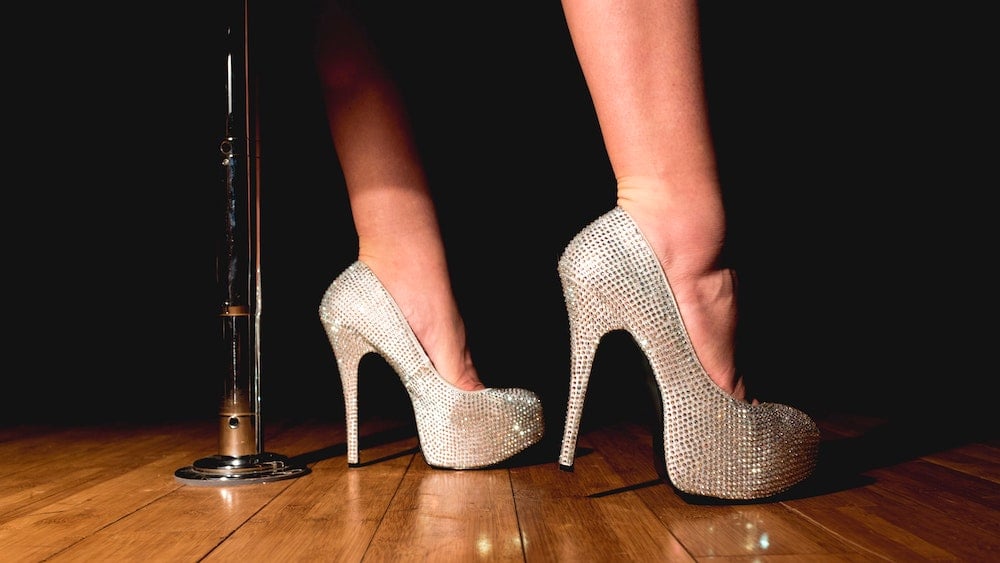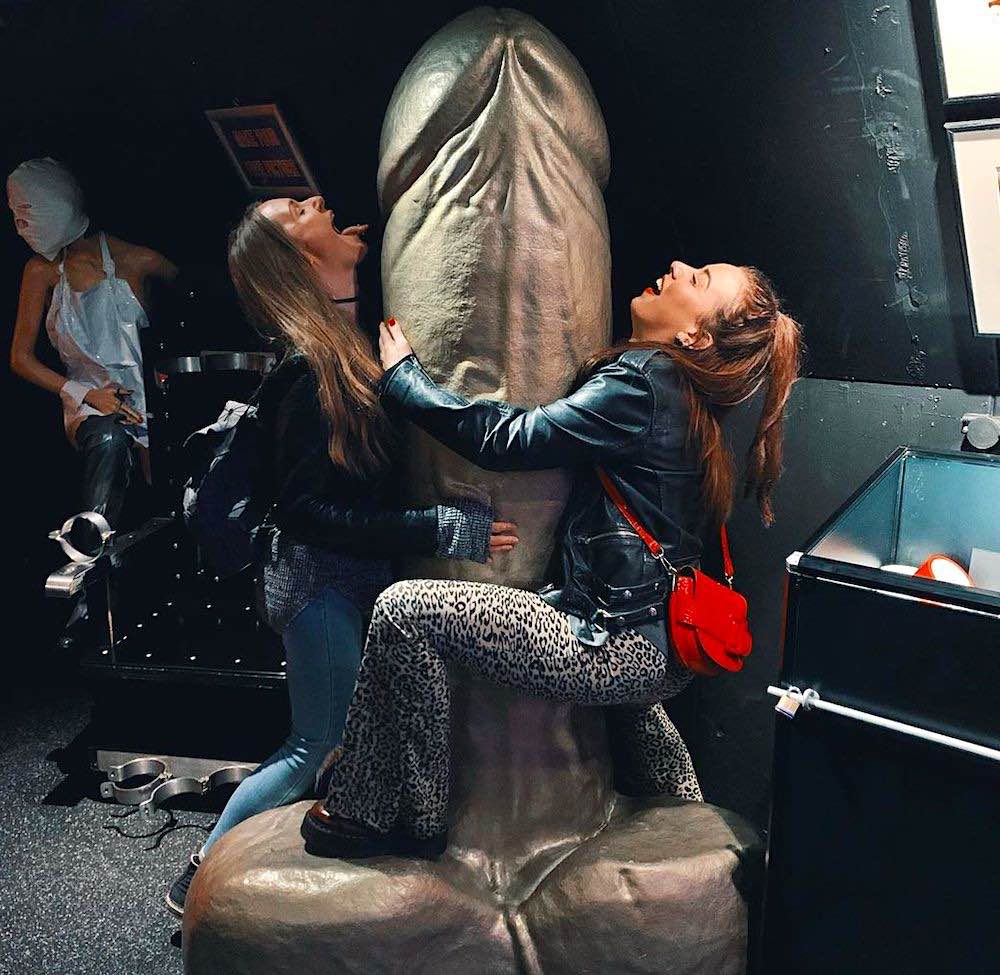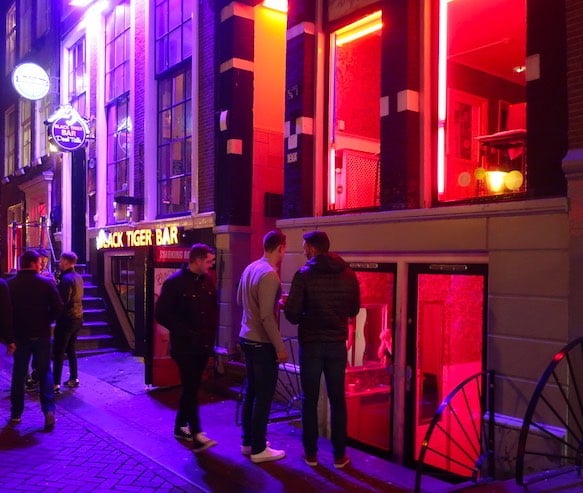New Amsterdam Cannabis Law Enforced By Judge
Posted on: september 1, 2016

Dutch Coffee Shop History – A Brief Introduction
In Holland, “coffee shops” are stores where the sale and use of cannabis for personal consumption is tolerated by the Dutch authorities. The first coffee shop – not be confused with cafes of coffee houses – in Amsterdam was founded in 1972 by Wernard Bruining in a squatted bakery shop. It was a logical follow-up of the friend to friend service that was going on in the place before that.

The first cannabis coffee shop of Amsterdam.
The group of friends extended swiftly, smoking cannabis, drinking coffee & tea and relaxing together. That gave them the idea to open a teahouse or a coffee shop, that was easy, since there was no permit required. They named their coffee shop Mellow Yellow which was inspired by the Donovan hit in those days.
Why Are Cannabis Shops in Holland Called Coffee Shops?
 Classic picture of Coffeeshop Mellow Yellow in Amsterdam.
Classic picture of Coffeeshop Mellow Yellow in Amsterdam.
Wernard: “We called the place a teahouse, thinking that would indicate the sales of stuff, as we called cannabis those days. However, everybody knew it as coffee shop & they all knew what was offered there. The atmosphere in the beginning was superb and enlightning, friends who all gathered, to smoke, talk and play a game of table football.”
Number of Coffee Shops in Holland

Amsterdam, 1992. A woman looks at coffeeshop La Tertulia on the Prinsengracht.
In the mid 1990’s, Holland had more than 1.500 coffeeshops spread over the country. By the end of 2014, the number of coffeeshops have rapidly decreased to 591 coffeeshops spread over 103 municipalities in Holland. The decline in the number of coffee shops continues. In fact, in March 2015, there were 582 coffee shops left.
What Caused the Decrease in Coffee Shops in Holland?

Amsterdam, Red Light District, 2014. Coffeeshop Hunters in a time when they were still allowed to sell cannabis in this area.
The main reasons that coffee shops in Holland have disappeared in the last several years are Dutch municipalities enforcing a distance criterion, closure due to a negative “BIBOB” advice (BIBOB translated: Public Administration Probity Screening Act) and coffee shops violating the applicable tolerance criteria, leading them to be closed permanently.
Dutch Judge: New Amsterdam Cannabis Law Is Justified
Coffee shops located within a 250-meter radius of secondary education schools must be closed on workdays during the daytime because of a new Amsterdam cannabis law. The judge ruled that under the new Amsterdam cannabis law the municipality has the authority to close the coffee shops. The city of Amsterdam intends to discourage soft drug use under youngsters. The first coffee shops had to close their doors on the 1st of January 2014.
Coffee Shop Owners Disagree With New Amsterdam Cannabis Law
Fourteen owners appealed to the courts back in 2014. They argued that the new measure wouldn’t have its intended effect. Under existing laws they were already prohibited from selling drugs to minors. Furthermore they argued that they had little to no time to change their opening hours before the law came into effect.
The court of justice ruled that municipalities have a lot of authority when it comes to these types of issues because of the Dutch liberal drug policy. The drugs that the coffee shops sell are still officially illegal to sell according to Dutch law. The judge also stated that the coffee shops were informed well in advance about the so-called new “distance criteria”.
Twenty-Six Coffee Shops Set To Close
Based on the new ruling Amsterdam plans to close 26 shops. This will be implemented in four different fazes, starting off with more limited opening hours. Though the initial appeal by the coffee shop owners was only about the opening hours the judge has now ruled that municipalities can move forward with the eventual closing of the shops. Eleven coffee shops have been closed so far due to the new Amsterdam cannabis law.
Remaining shops can stay open until the 1st of January because the city of Amsterdam is waiting on a verdict from the supreme court concerning a countrywide implementation of the so called “weed pass” (people will have to get a special card to get cannabis if this gets implemented). This verdict will arrive in the coming months according to a spokesperson for Amsterdam mayor Eberhard van der Laan. The Hague, Utrecht and Rotterdam have already successfully implemented the new “distance criteria”.










